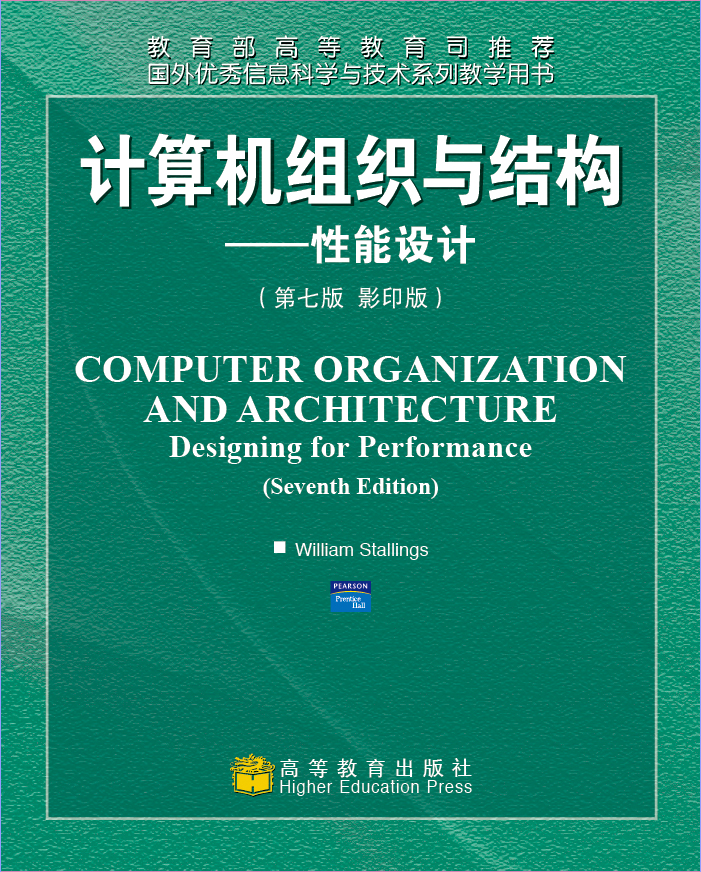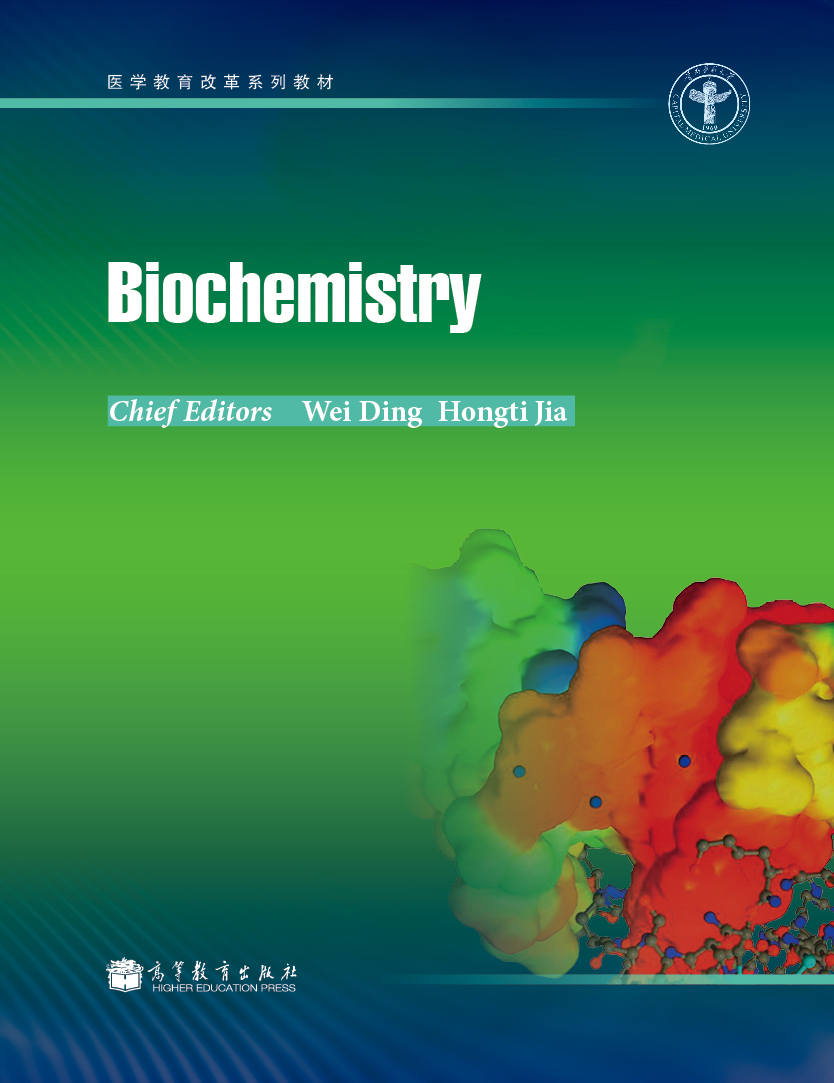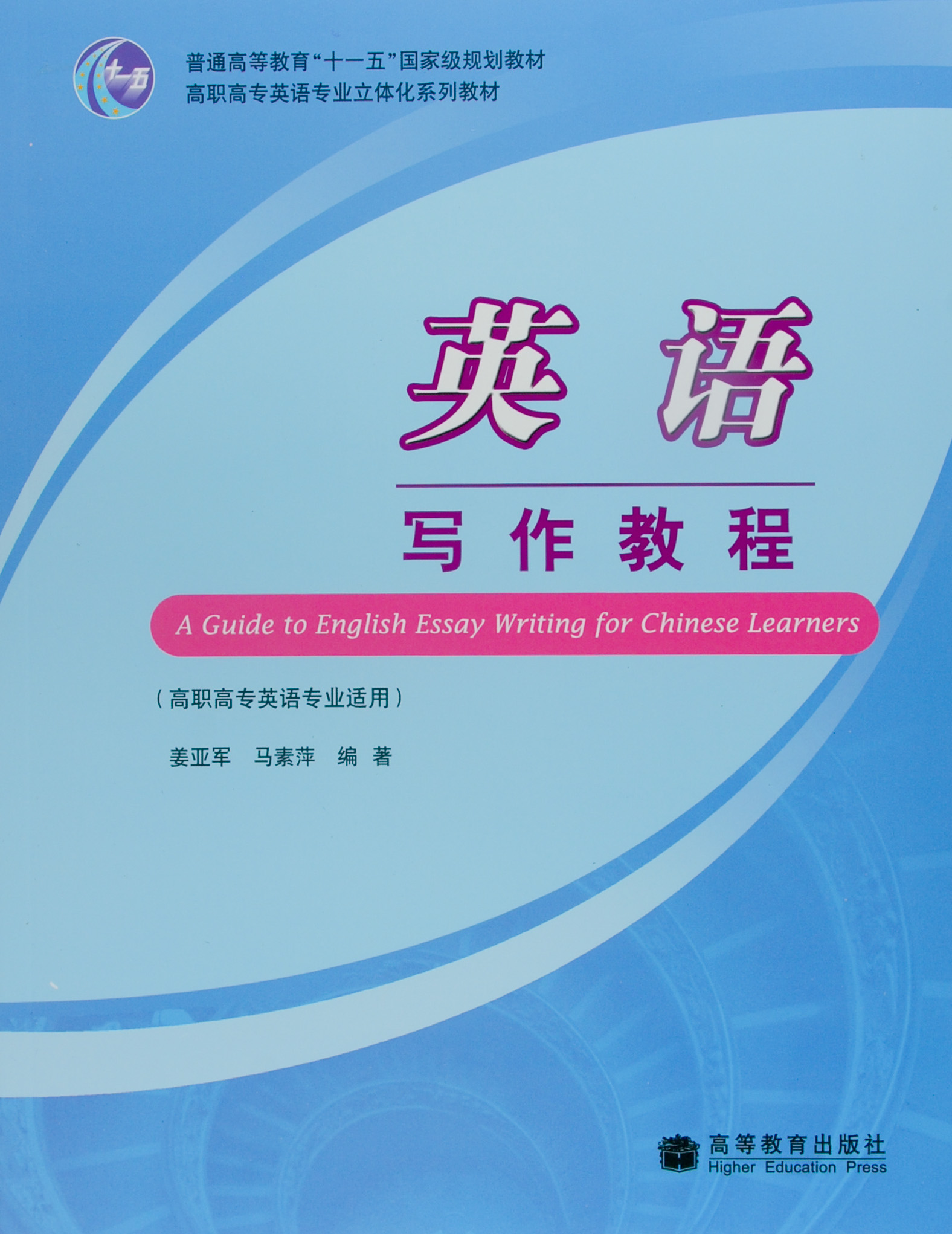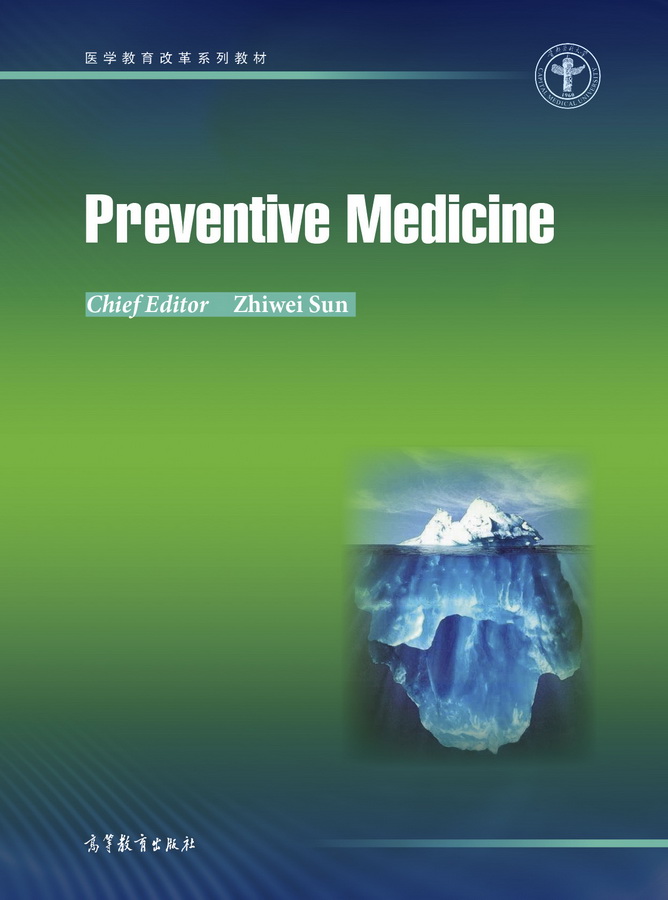计算机组织与结构——性能设计(第七版 影印版)
¥55.00定价
作者: [美]William Stallings
出版时间:2009-11-24
出版社:高等教育出版社
- 高等教育出版社
- 9787040282542
- 1
- 110161
- 44211901-2
- 平装
- 异16开
- 2009-11-24
- 850
- 784
- 工学
- 计算机科学与技术
- TP303
- 计算机科学与技术、电子信息科学类
- 研究生、本科
目录
Web Site for the Book Preface PART ONE OVERVIEW Chapter 1 Introduction 1.1 Organization and Architecture 1.2 Structure and Function 1.3 Why Study Computer Organization and Architecture? Chapter 2 Computer Evolution and Performance 2.1 A Brief History of Computers 2.2 Designing for Performance 2.3 Pentium and PowerPC Evolution 2.4 Recommended Reading 2.5 Key Terms, Review Questions, and Problems PART TWO THE COMPUTER SYSTEM Chapter 3 A Top-Level View of Computer Function and Interconnection 3.1 Computer Components 3.2 Computer Function 3.3 lnterconnection Structures 3.4 Bus Interconnection 3.5 PCI 3.6 Recommended Reading 3.7 Key Terms, Review Questions, and Problems Appendix 3A Timing Diagrams Chapter 4 Cache Memory 4.1 Computer Memory System Overview 4.2 Cache Memory Principles 4.3 Elements of Cache Design 4.4 Pentium 4 and PowerPC Cache Organizations 4.5 Recommended Reading 4.6 KeyTerms, Review Questions, and Problems Appendix 4A Performance Characteristics of Two-Level Memories Chapter 5 Internal Memory 5.1 Semiconductor Main Memory 5.2 Error Correction 5.3 Advanced DRAM Organization 5.4 Recommended Reading 5.5 Key Terms, Review Questions, and Problems Chapter 6 External Memory 6.1 Magnetic Disk 6.2 RAID 6.3 Optical Memory 6.4 Magnetic Tape 6.5 Recommended Reading 6.6 Key Terms, Review Questions, and Problems Chapter 7 Input/Output 7.1 External Devices 7.2 I/O Modules 7.3 Programmed I/O 7.4 Interrupt-Driven I/O 7.5 Direct Memory Access 7.6 I/O Channels and Processors 7.7 The External Interface: FireWire and InfiniBand 7.8 Recommended Reading 7.9 Key Terms, Review Questions, and Problems Chapter 8 Operating System Support 8.1 Operating System Overview 8.2 Scheduling 8.3 Memory Management 8.4 Pentium II and PowerPC Memory Management 8.5 Recommended Reading 8.6 Key Terms, Review Questions, and Problems PART THREE THE CENTRAL PROCESSING UNIT Chapter 9 Computer Arithmetic 9.1 The Arithmetic and Logic Unit 9.2 Integer Representation 9.3 Integer Arithmetic 9.4 Floating-Point Representation 9.5 Floating-Point Arithmetic 9.6 Recommended Reading 9.7 Key Terms, Review Questions, and Problems Chapter 10 Instruction Sets: Characteristics and Functions 10.1 Machine Instruction Characteristics 10.2 Types of Operands 10.3 Pentium and PowerPC Data Types 10.4 Types of Operations 10.5 Pentium and PowerPC Operation Types 10.6 Assembly Language 10.7 Recommended Reading 10.8 Key Terms, Review Questions, and Problems Appendix 10A Stacks Appendix 10B Little-, Big-, and Bi-Endian Chapter 11 Instruction Sets: Addressing Modes and Formats Chapter 12 Processor Structure and Function Chapter 13 Reduced Instruction Set Computers Chapter 14 Instruction-Level Parallelism and Superscalar Processors Chapter 15 The IA-64 Architecture PART FOUR THE CONTROL UNIT Chapter 16 Control Unit Operation Chapter 17 Microprogrammed Control PART FIVE PARALLEL ORGANIZATION Chapter 18 Parallel Processing Appendix A Number Systems Appendix B Digital Logic Appendix C Projects for Teaching Computer Organization and Architecture Glossary References Index







